19+ Caterpillar Host Plants
Parsley family - parsley dill fennel carrot Queen Annes lace Golden Alexanders Zizia aurea rue family - common rue. Without host plants these important and beautiful insects cannot complete their life cycles and their populations decline.
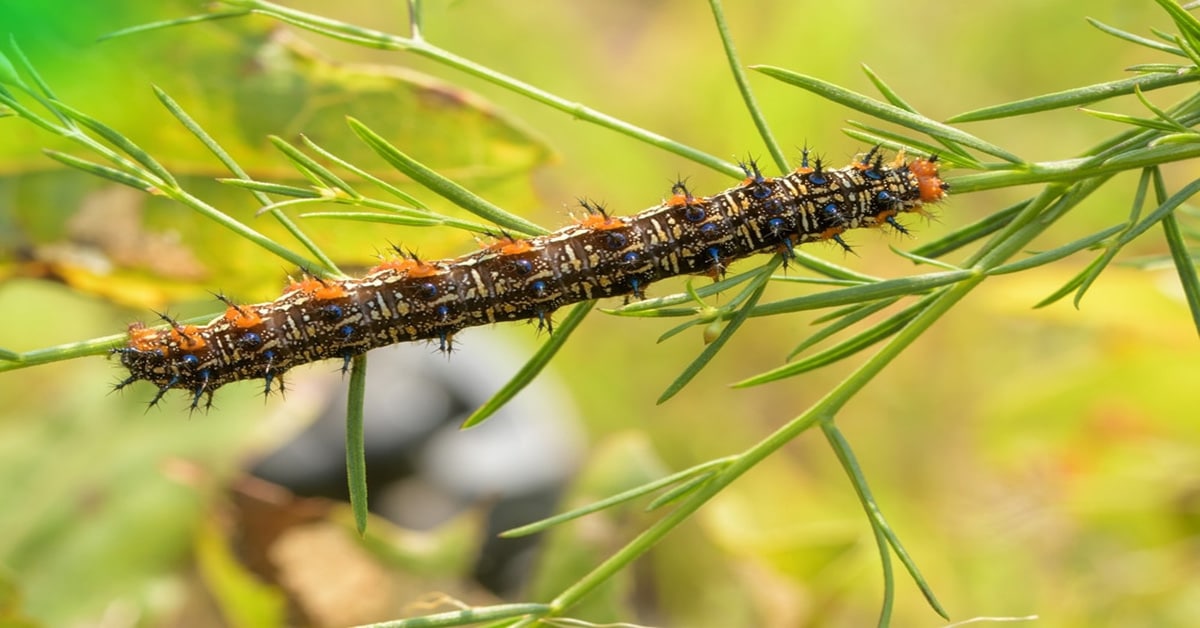
Butterfly Host Plants Learn About Nature
American Painted Lady - cudweed everlast.

. Cecropia moth caterpillars feed on primarily on birch. Web Host plants are the vital food source that caterpillars live on. Web A Pennsylvania man discovered a colorful caterpillar on a pair of shoes outside his home.
While trees tend to host the most numerous Lepidoptera rely on wildflowers ferns grasses or shrubs as host for their larval phase. Flowers and Ground Covers Asters. Web Most adult butterflies feed on flower nectar and will be attracted to a wide variety of different flowers.
Always have a black spot on the side above the second pair of legs counting from the head Figure 72 - BEET ARMYWORM. Common Butterflies and their Host Plants. Photographs by Donald W.
Web Caterpillar Host Plants. Flowering plants such as Passion Vine and Milkweed herbs like Fennel and trees such as Sweet Bay Magnolia are all used as host plants. The man wrote on Facebook I thought someone had dropped a.
Web To learn which species of butterflies and moths are native to where you live and to find the native plants that host them go to the Native Plant Finder and type in your zip code. Web Caenothus is a small shrub which is typically known as the California or wild lilac. Host Plants Skip to Host Plants.
View plants - Amazon. Pipevines Aristolochia spp Zebra swallowtail. Try some of these plant picks that help multiple butterfly species.
Bairds Swallowtail - dragon sagebrush. Its sometimes referred to as a soap bush as well. Milberts Tortoiseshell caterpillars only accept nettles Urtica.
Web Analysis of parasitoid rearings by the Canadian Forest Insect Survey shows that parasitism of particular Lepidoptera species is strongly host-plant-dependent that the pattern of host-plant. Web The host plants for butterflies range from herbs to small weeds to full-size trees. This is an important.
Web Adult Butterflies will visit a wide variety of flowers. The ones that appear first are the species that. You can see photos in the video player above.
The butterflies and moths are ranked by the choosiness of their diet. Click on the full map to see which state your ecoregion resides. Broad-leaved form a host of the pipevine swallowtail caterpillar Battus philenor L with flower.
American Copper larvae feed on sorrel Rumex. Acmon Blue - buckwheat lupines milkvetch. Web Each species has its own caterpillar host plants.
Goldenrod genus Solidago also provides adult butterflies with an excellent source of nectar giving you even more bang for the butterfly garden buck. An incomplete list of butterfly species as there are over 50 native to New York. Adult butterfliesmoths lay their eggs on host plants then the larvae hatch and eat from the plant before undergoing metamorphosis into butterflies.
Web 01 of 10 Goldenrod Getty ImagesDavid Engelhardt Ranking first on the list of powerhouse host plants goldenrod feeds over 100 different species of native caterpillars. Each species of butterflies has specific host plants on which the adult butterflies lay their eggs. As you may have guessed Caenothus is found in California as well as other western states on hillsides that are dry and receive a lot of exposure to the sun.
Pawpaw Asimina triloba Black swallowtail. Their larvae caterpillars though rely on specific plants called host plants for food and are often greatly limited. Older caterpillars are green to almost black with stripes along each side.
Hall Entomology and Nematology Department University of Florida. Adult butterflies will seek out these plants to lay their eggs on because they know that the caterpillar cannot travel far and will not survive if placed on a plant that they cannot eat. The caterpillars have four reddish knobs on the thorax and fifteen yellowish knobs in pairs along the back except for the last single yellow knob.
Many of the butterflies omitted from this list. The web-based version presented here offers a synoptic data set drawn from about 180000 records comprising taxonomically cleaned hostplant data for about 22000 Lepidoptera species drawn from about 1600 published. Web HOSTS brings together an enormous body of information on what the worlds butterfly and moth Lepidoptera caterpillars eat.
Web This means planting specific larval host plants like milkweed for monarchs passion vine for gulf fritillaries and zebra longwings and various members of the carrot family for black swallowtails. Web Important not only for their nectar many natives play the critical role of larval host plant Host plants provide food during the caterpillar phase that is part of the butterflymoth lifecycle. Web Virginia snakeroot Aristolochia serpentaria L.
Web Finding the Right Caterpillar Host Plants. Web Grow your very own butterflies and watch the entire magical process from egg to caterpillar through metamorphosis and finally to adult butterfly all in your own backyard by planting these butterfly host plants like Passionvine Butterfly. Growing upwards of 6 tall with dozens of blooms on a single plant asters make a great addition as a host plant to.
Discover the host plants that are native to your ecoregion. These are host plants for the Larvae Caterpillars. Many butterfly species will only lay their eggs on one plant species or.
With some planning you can work at least a few of them into almost any size of garden or yard. Web The plants that caterpillars eat are called host plants while the plants that adult butterflies eat actually they drink nectar from the flowers are called nectar plants. Web Click Find Butterflies to get a list of butterfly and moth species in your area and what host plants their caterpillars use.
Web Over the course of the summer the caterpillars grow to 4 inches long and become pale green. Providing the right caterpillar host plants is crucial for success as many caterpillars are picky eaters that require specific food plants. Web Flowering Host Plants.
Web A plant that gives butterflies shelter required for laying eggs and serves as a food source to their caterpillars is called a host plant. Web First and second instars are pale green with dark heads. Web Host plants are plants that provide food for butterfly or moth larvae caterpillars.
Northern prickly-ash Zanthoxylum americanum common rue.

Host Plants For Butterflies Moths Prairie Nursery
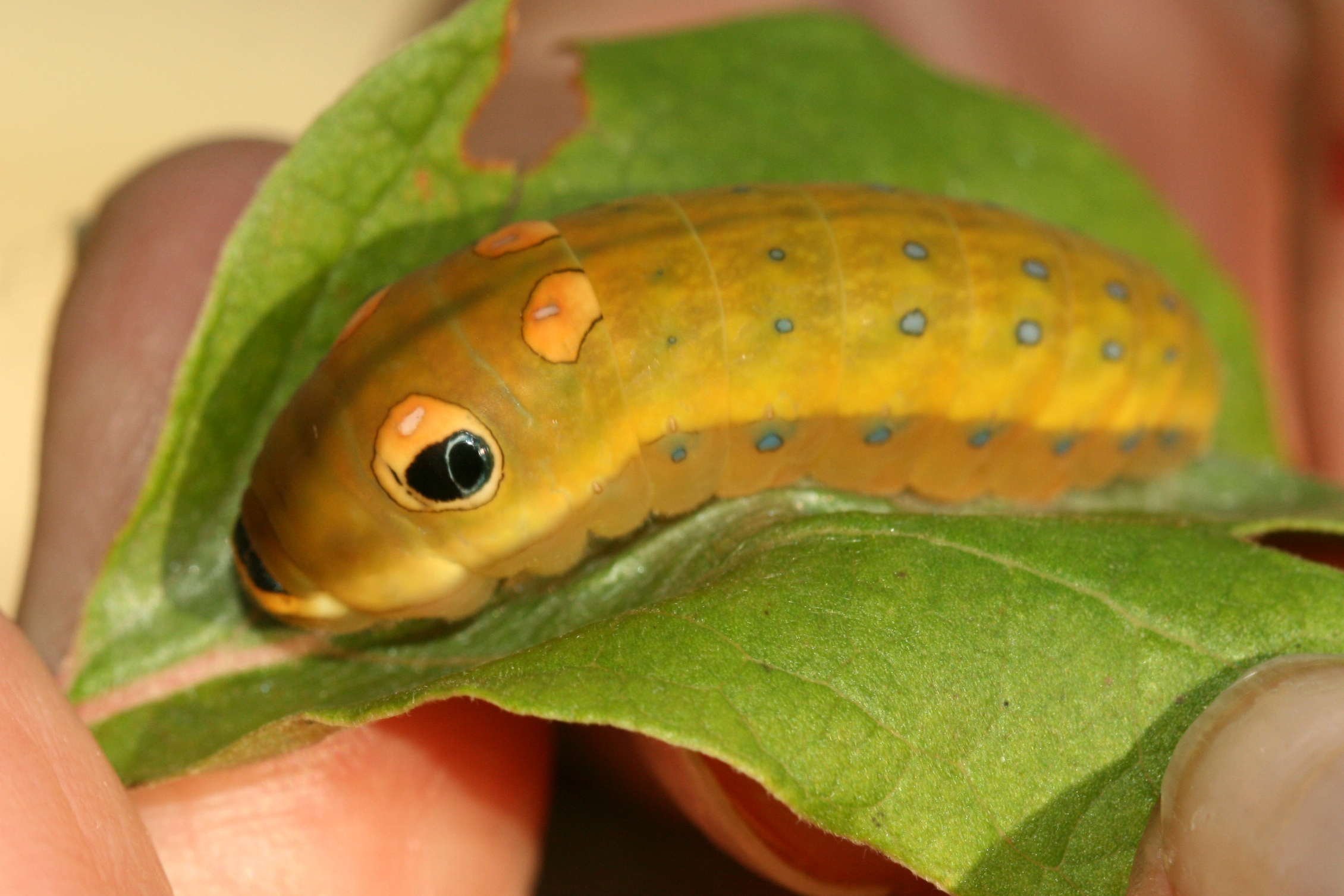
Caterpillar Host Plant List For Gardeners South Jersey Butterfly B Log
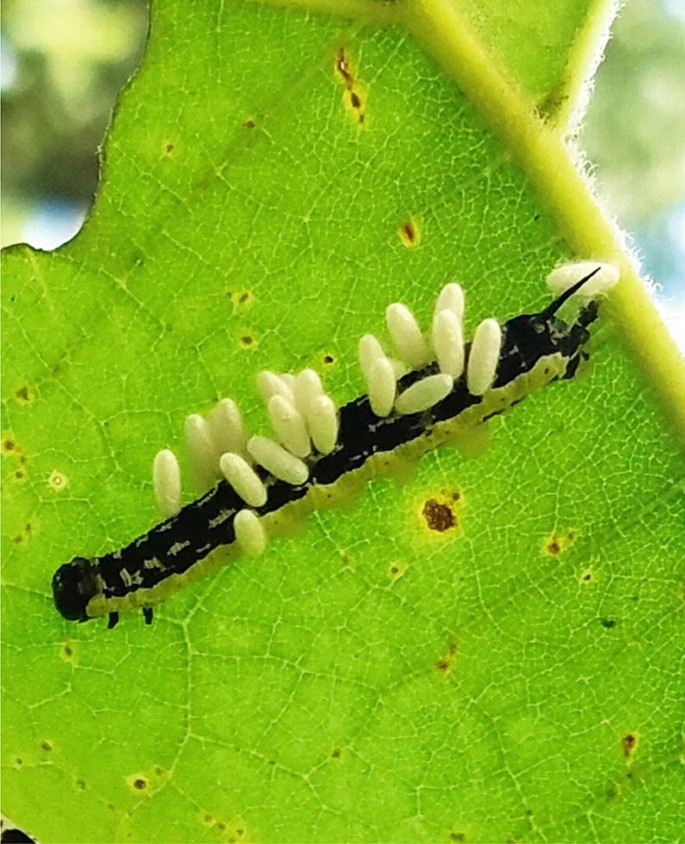
Host Plants As Mediators Of Caterpillar Natural Enemy Interactions Springerlink

Butterfly Host Plants How To Provide Food For Young Caterpillars
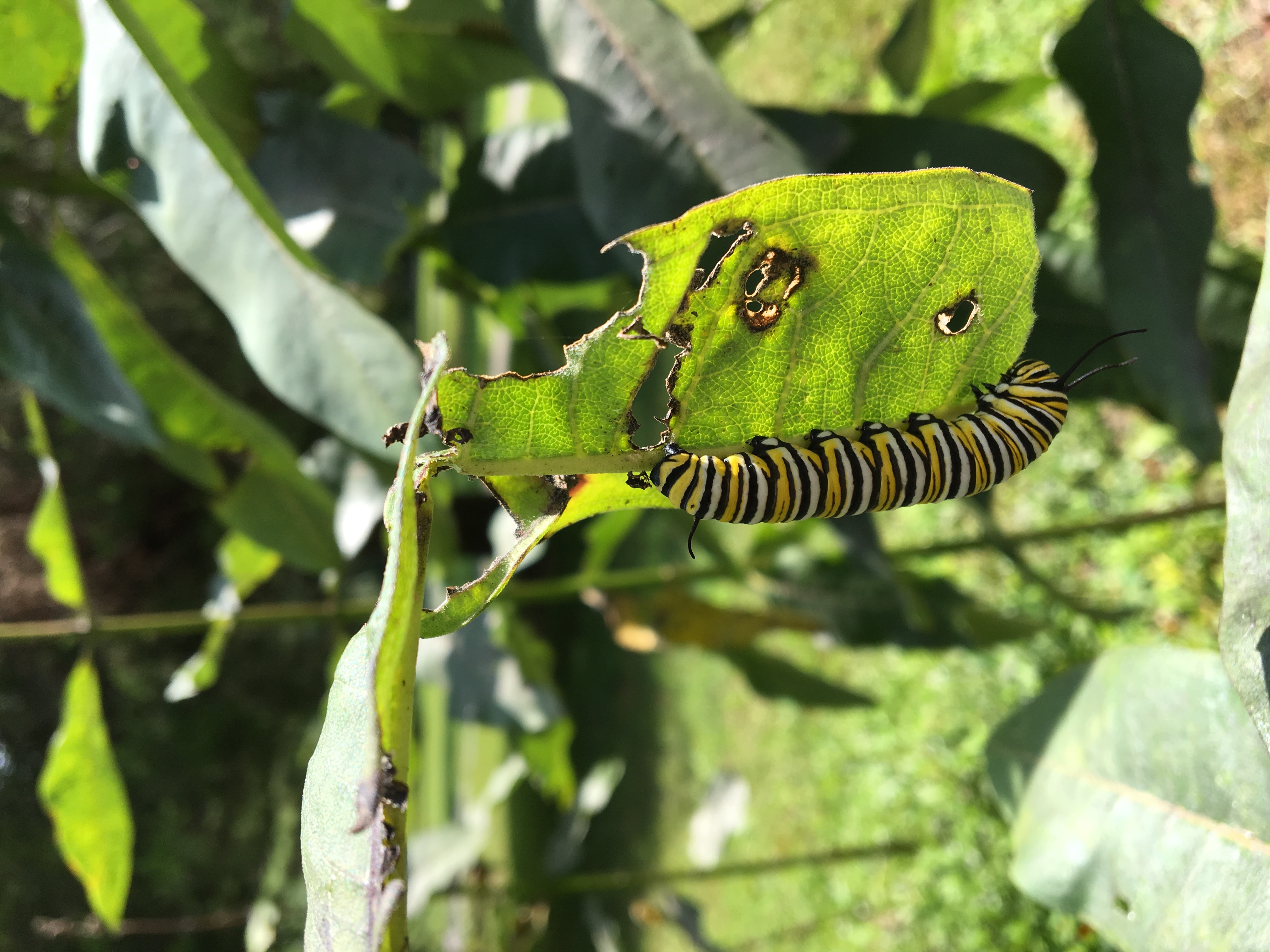
Plants That Host Butterfly Larvae Extension Marketing And Communications

Add Butterfly Host Plants To Support Caterpillars Here She Grows

Nectar And Host Plants For Selected Mid Atlantic Butterflies And Moths
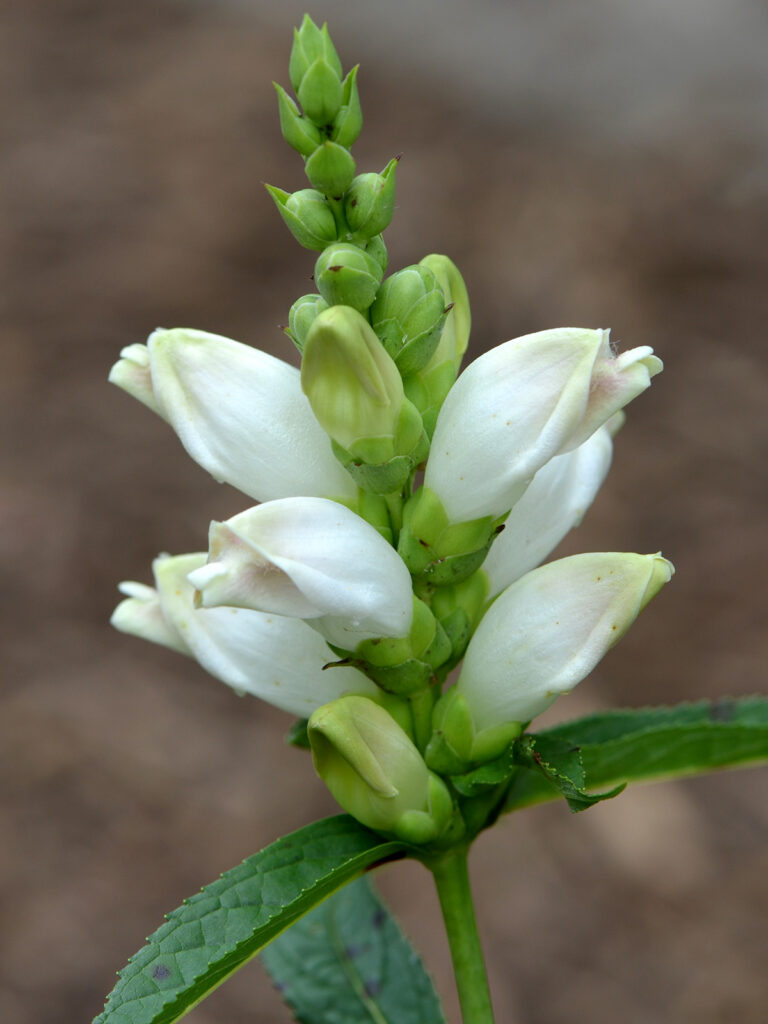
Host Plants Our Habitat Garden
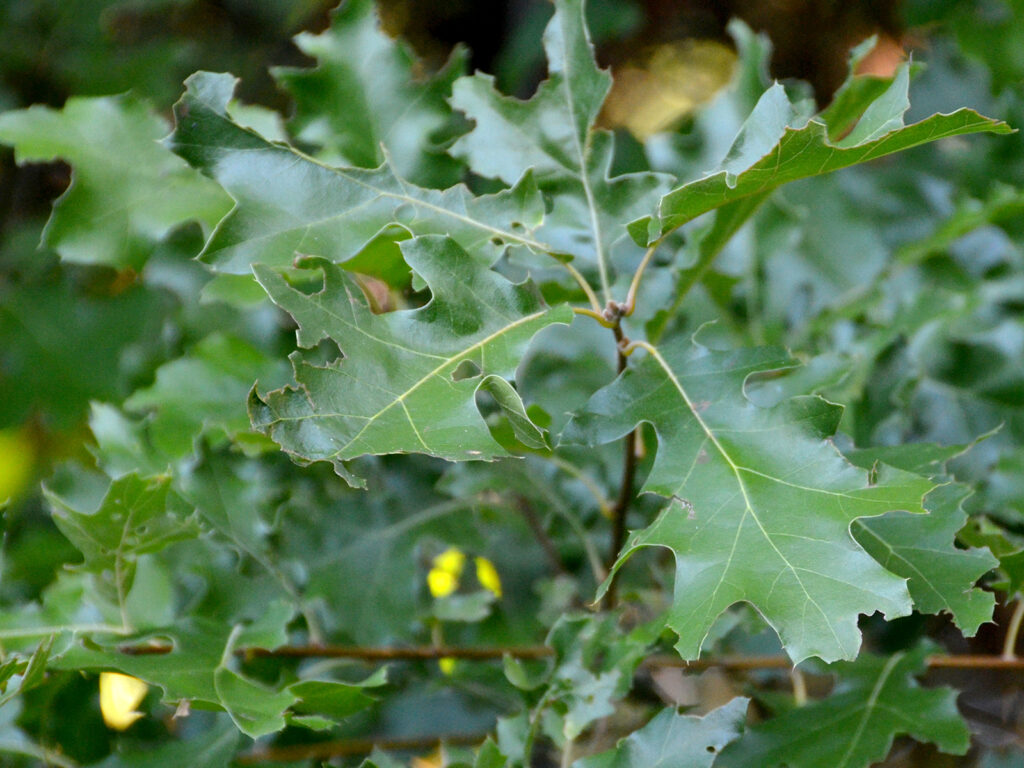
Host Plants Our Habitat Garden

View Of Early Stages And Larval Host Plants Of Some Northeastern Indian Butterflies Journal Of Threatened Taxa

Giant Swallowtail Host Plants Butterfly Fun Facts

34 Host Plants For Butterflies Caterpillars New Guide Bird Watching Hq
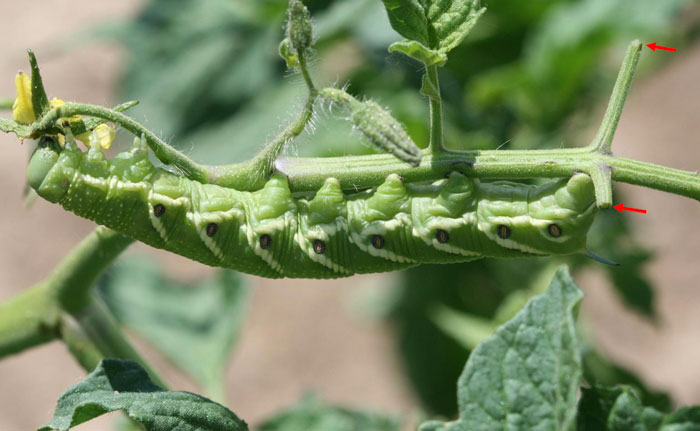
Caterpillars Horn In On Tomato Plants Missouri Environment And Garden News Article Integrated Pest Management University Of Missouri
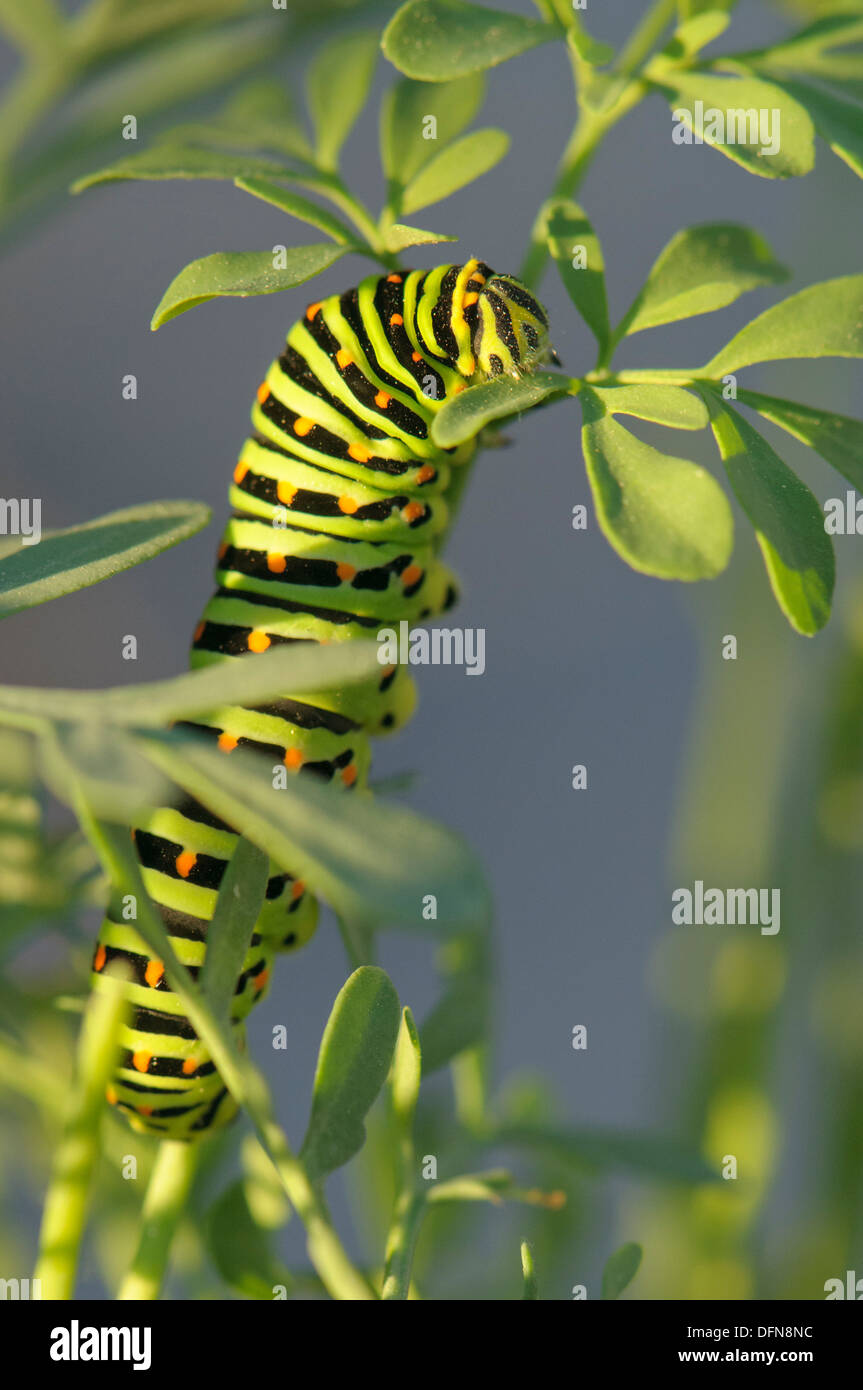
Caterpillar Host Plants Hi Res Stock Photography And Images Alamy
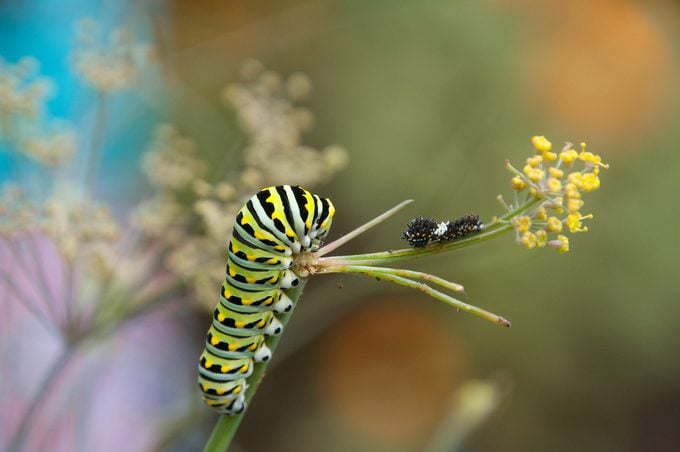
Top 10 Swallowtail Host Plants And Flowers To Grow Birds And Blooms

Host Plants For Butterflies Moths Prairie Nursery

34 Host Plants For Butterflies Caterpillars New Guide Bird Watching Hq